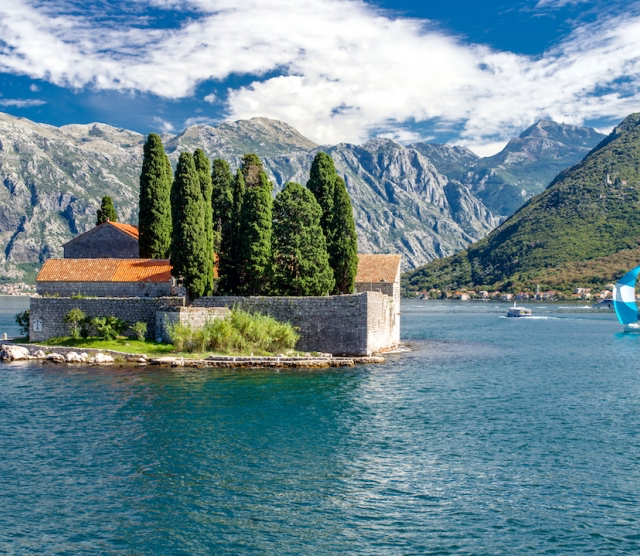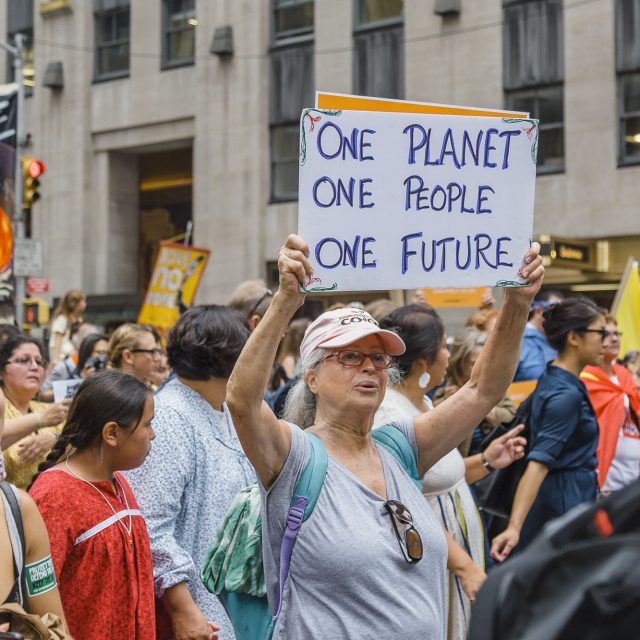The virtual event “Recognizing the Past, Repairing the Present, Building the Future” organized on 2 December 2020, which is open to the public, features a diverse mix of speakers, discussion panels and a screening of two episodes of the newly released documentary series “Enslaved” (2020), starring actor Samuel L. Jackson and British journalist Afua Hirsch.
The speakers of this event placed under the high patronage of the European Parliament by its president David Sassoli, features Vice-President of the European Parliament MEP Dimitrios Papadimoulis, EU Commissioner for Equality Helena Dalli, UN High Commissioner of Human Rights Michele Bachelet, Prime Minister of Barbados Mia Mottley, and Chairperson of the Caribbean Community (CARICOM) Reparations Commission Professor Sir Hilary Beckles.
The host of the event is Member of the European Parliament and Co-President of the European Parliament Anti-Racism and Diversity Intergroup (ARDI), Younous Omarjee, from the French region La Reunion in the Indian Ocean:
“This is the first event organized within European institutions on the history and legacies of colonialism, transatlantic trade and slavery to commemorate the international day of December 2. It is a landmark event which I hope will become an annual tradition in Parliament. This day of discussions will open the European Union to a frank conversation about the root causes of racism in Europe and about the massive impacts of transatlantic trade on the world today.”
The inaugural marking of the European Day for the Abolition of the Slave Trade follows some recent developments at the EU towards addressing racism.
Last year the European Parliament passed a Resolution on the Fundamental Rights of People of African Descent. It calls on the EU to mark past and ongoing injustices against people of African descent such as the transatlantic trade and those committed under European colonialism.
Following the massive global protests following the killing of George Floyd, this past June the European Parliament passed another resolution against structural racism. It declares slavery a crime against humanity and calls for 2 December to be designated the European Day for the Abolition of the Slave Trade.
This is reiterated in an ambitious EU anti-racism action plan 2020-2025, which the European Commission launched on 18 September. It states that racism can “be addressed by acknowledging the historical roots of racism” and that “Colonialism, slavery and the Holocaust are embedded in our history and have profound consequences for society today.”
“Behind today’s manifestations of discrimination lies a failure to acknowledge and confront the legacy of the past. Amends must be made for racial injustice – past and present – if we want to achieve genuine inclusion and reconciliation. The European Parliament, encouraged by the United Nations, is taking an important step by seeking a deeper understanding of the past, its impact on the present, and exploring remedial practices from various parts of the world,” says Birgit Van Hout, the Regional Representative for Europe of the UN Human Rights Office (OHCHR) and one of the moderators at the inaugural commemoration next week of the European Day for the Abolition of the Slave Trade.




